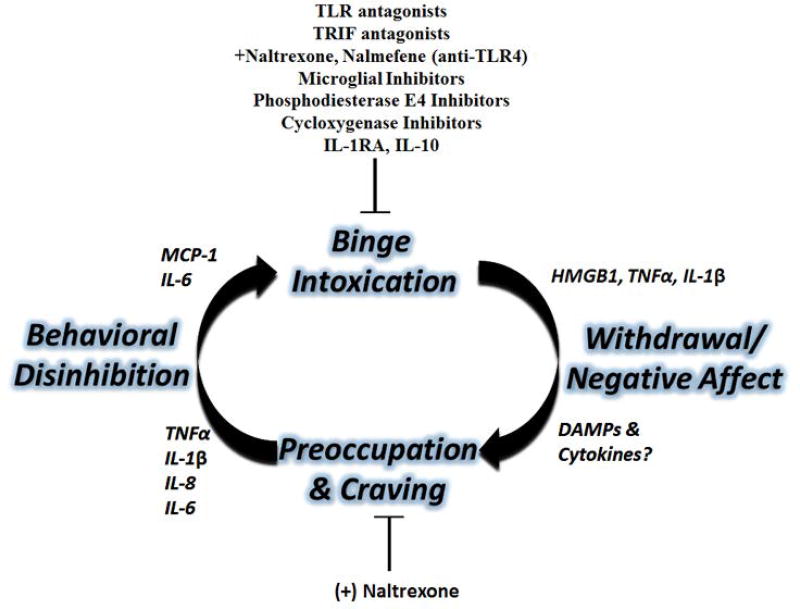Figure 2. Neuroimmune Contributions to the Cycle of Addiction.
The three main stages of the cycle of addiction-binge/intoxication, withdrawal/negative affect, and preoccupation/craving-each have neuroimmune contributions. Multiple neuroimmune interventions reduce alcohol self-administration in rodent models. Binge intoxication causes the induction of several immune signaling molecules such as HMGB1, TNFα, and IL-1β. Neuroimmune molecules might also mediate some of the negative affect seen during withdrawal. The TLR4 antagonist (+)-Naltrexone reduces alcohol-induced conditioned-place preference (a feature of craving), and several immune molecules in plasma have been associated with craving in human alcoholics. See References: [119, 121, 126, 181, 189, 211, 212]

